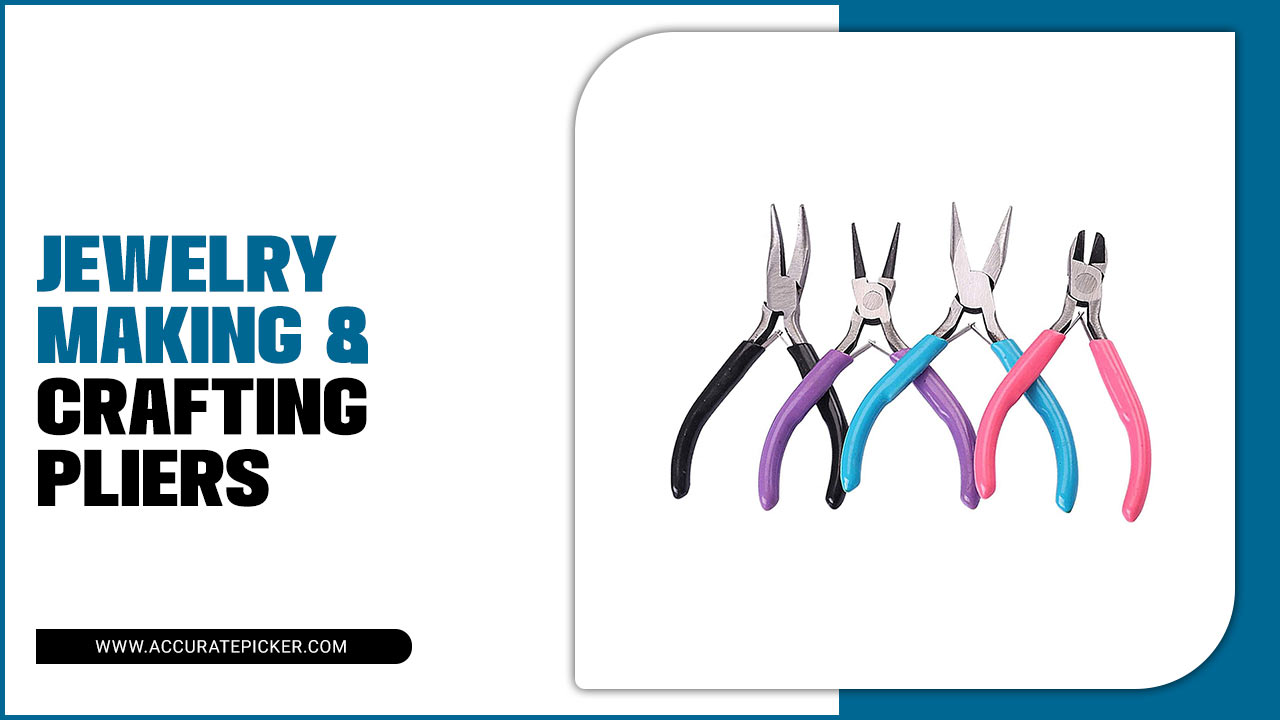Maintaining boat fenders is an essential part of boat safety and ensuring that your boat remains in good condition. Boat fenders are an important part of any boat, providing protection from jetties, docks, and other boats.
Cleaning and maintaining your boat fenders regularly will help to extend their lifespan and keep your boat looking its best. This article will provide a step-by-step guide to cleaning and maintaining your boat fenders, as well as tips on how to keep them in good condition.
With the right tools and knowledge, you can ensure your boat fenders are always in top condition and ready to protect your boat. So read on to learn the best ways to clean and maintain your boat fenders.
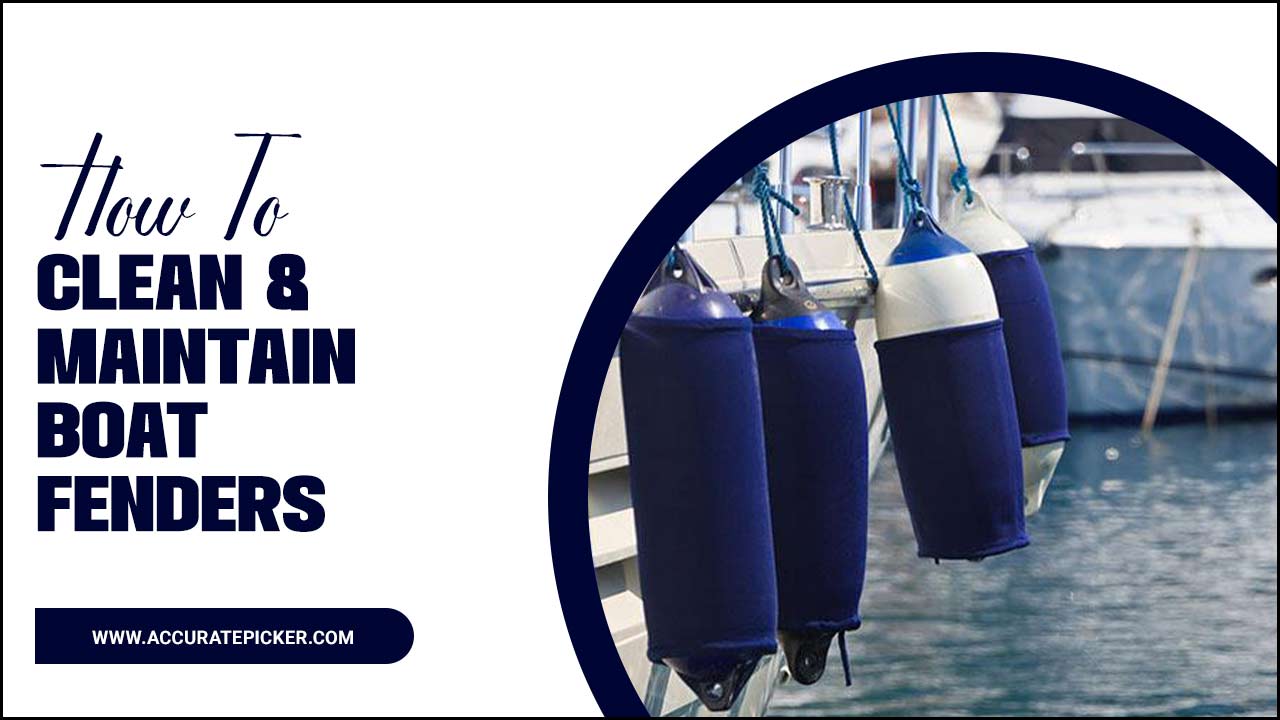
How To Clean & Maintain Boat Fenders – Proper Technique
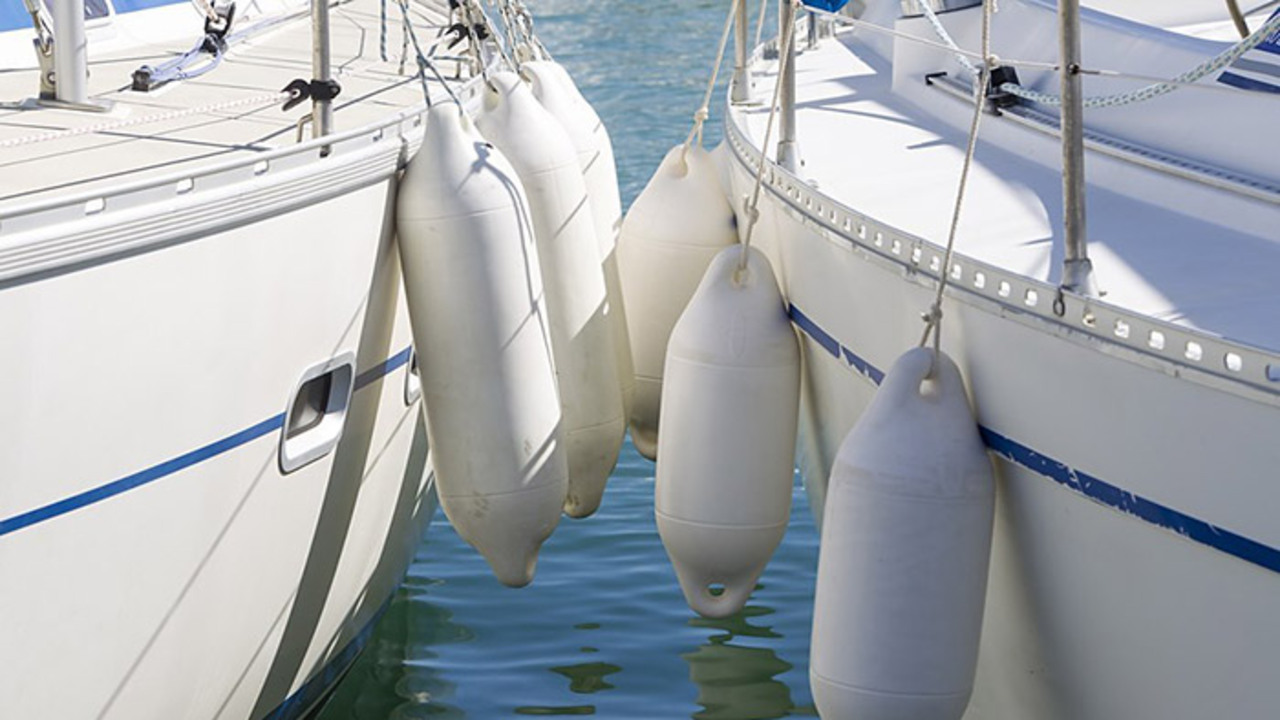
Maintaining and cleaning boat fenders is an important part of boat ownership. Not only do they protect your boat from damage, they also help keep it looking clean and presentable. In this article, we’ll discuss how to clean and maintain boat fenders so that they stay in good condition for years to come.
We’ll cover topics such as the best cleaning methods, how to store them properly, and how to replace them when needed. We’ll also provide tips and tricks to help you get the most out of your boat fenders. So, if you’re looking for information on how to clean and maintain boat fenders, this article is the perfect place to start.
Cleaning
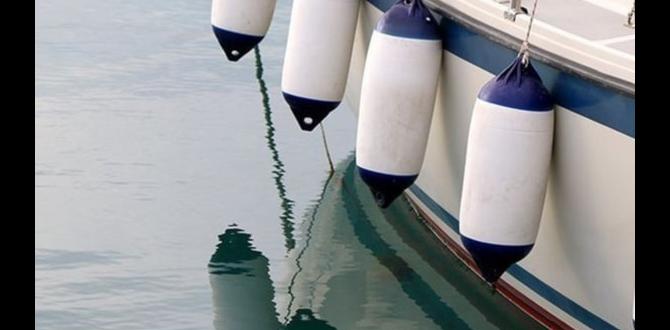
Cleaning boat fenders is an important part of boat maintenance. In order to keep them in good condition, it’s important to use the correct cleaning products and techniques. Always use a soft cloth or sponge and mild soap to avoid scratching the surface. Rinse the fender off with fresh water and dry thoroughly.
For stubborn stains, use a nonabrasive cleaner and repeat the rinsing and drying process. For best results, clean the fenders regularly and keep them away from contact with sharp objects. After cleaning, it’s important to apply a protectant to the fender, such as marine-grade wax or polish, to prevent fading and other damage.
As part of regular maintenance, inspect the fenders for any signs of wear and tear and replace them if necessary. Taking the time to properly clean and maintain your boat fenders will help them last longer and keep your boat looking great for many years to come.
Remove Dirt

Removing dirt from your boat fenders is an important part of routine maintenance and upkeep. Start by using a soft brush and warm water to lightly scrub away any dirt, grim, or other debris that may have built up on the fenders. If there is a particularly stubborn spot, you can try using a mild soap or detergent to help break it down. Be careful not to use anything too abrasive that could damage the fenders.
Once you have removed the dirt, rinse off the fenders with a garden hose or a bucket of water to get any remaining soap residue off. Let the fenders air dry completely before reapplying any protectant. With regular cleaning and maintenance, your boat fenders will stay looking new and ready for the next time you go out on the water.
Scrub
Regular cleaning and maintenance of boat fenders is essential for keeping them in good working condition. To get started, use a stiff-bristled brush and scrub the fender with a solution of warm water and mild detergent. Work the brush gently over the surface, being careful to remove any dirt, debris, or algae. Rinse thoroughly with clean water to remove any soap residue.
When you’re done, use a clean, dry cloth to wipe the fender dry and remove any remaining moisture. For tougher stains, you may need to use a more powerful cleaner. If so, use caution and follow the manufacturer’s instructions for the best results.
Finally, make sure to inspect the fender for any signs of damage or wear, replacing it if necessary. With regular care and maintenance, your boat fenders will stay in great shape for years to come.
Rinse
Once you have washed your boat fenders, it is important to rinse them thoroughly. This will help ensure that all soap residue is removed. To rinse your fenders, start by filling a bucket with cold water. Submerge the fenders in the water, and use a soft brush to scrub any remaining dirt or residue. Once you are finished scrubbing, empty the bucket and rinse the fenders with a garden hose.
Make sure to rinse the fenders on both sides, paying special attention to any creases or folds. Once you have finished rinsing, hang your fenders up to dry in a shaded area. Doing so will help ensure that your fenders look their best for years to come.
Dry
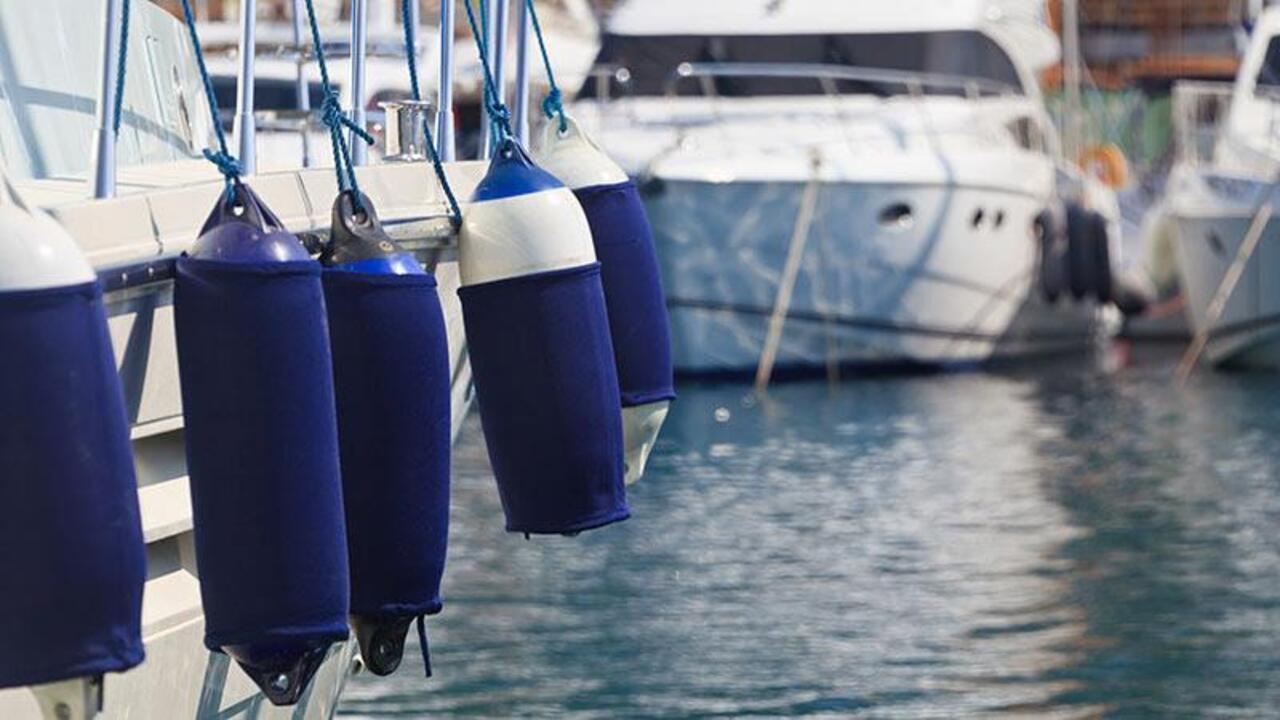
Once the boat fenders have been washed, they must be dried thoroughly. This is an important step to ensure the fenders are free of any moisture that could cause them to rot or deteriorate. To dry the fenders, start by wiping them down with a clean, dry cloth to absorb any excess moisture.
Then, hang them in a dry place or lay them out in the sun. Make sure the fenders are completely dry before storing them away. It is also important to regularly inspect your fenders for any signs of wear or tear, such as cracks, peeling paint, or splitting seams. If any of these signs are present, it is important to replace the fenders right away to ensure your boat is properly protected.
Maintenance

Boat fenders are an essential part of your boat and should be maintained properly to ensure continued performance. Cleaning and maintaining your boat fenders is not difficult and can be done quickly and easily. To start, inspect the fenders for any damage or wear.
If any cracks or tears are found, replace the fender. Next, rinse the fenders with freshwater and soap to remove dirt and debris. Let the fenders dry completely before applying a protective covering. Make sure to use a marine-grade protective covering that is designed to resist UV rays.
This will help keep your fenders looking new and keep them in good condition. Finally, store the fenders in a cool, dry place when not in use. Taking the time to properly maintain your boat fenders will help ensure a safe and enjoyable boating experience.
Inspect
Inspecting your boat fenders is the first step in keeping them in good condition. It’s important to check them regularly for any signs of wear and tear. Look for any cracks, tears, or fraying of the material, as well as for signs of UV exposure.
Also check the fender straps for any damage or stretching. Any damage should be addressed immediately, as it could lead to further issues. Pay special attention to the grommets or other fasteners, as these can become worn or corroded over time. Additionally, inspect the air valves and see if they need to be replaced. If any of the fenders become damaged beyond repair, it’s best to replace them as soon as possible.
Repair
Repair may become necessary if the boat fender is damaged or punctured. Start by draining any water from the fender using a sponge. Cut away any frayed or damaged edges of the fender.
If the fender is torn, use the appropriate adhesive to patch it up. If the fender is punctured, use a needle and thread to patch it up. Ensure the patch is firmly in place. You can also use a patch kit, which includes a patch and adhesive to repair any holes. Finally, for any stubborn patches, use sandpaper to smooth out any rough edges. With a little patience and some elbow grease, you can get your fender looking as good as new.
Store
It’s important to store your boat fenders in a cool, dry place. Avoid storing them in direct sunlight or areas where moisture can build up. It’s also a good idea to keep them away from any items that may cause damage, such as sharp objects or chemicals.
To maximize their lifespan, make sure you store them in a well-ventilated area. If you need to store them in an enclosed space, make sure it is well-ventilated and free of dampness and moisture. Additionally, check the fenders regularly for any signs of damage or wear and tear.
Protect
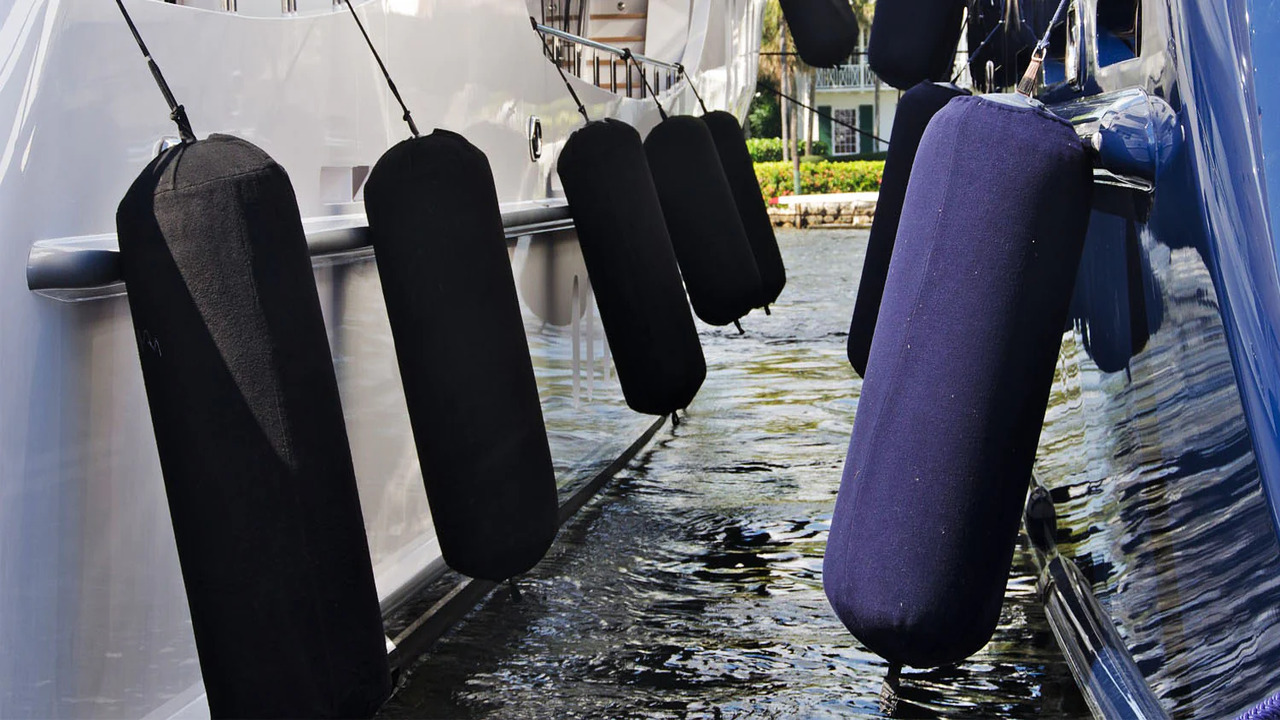
It’s important to protect your boat fenders from the elements. To do this, you should use a waterproof cover. This will help prevent sun damage, rain, dirt, and salt water from damaging the fenders.
Additionally, you should store your fenders in a dry place when not in use. This will help keep the material from becoming brittle and cracking. You should also inspect the fenders regularly for signs of wear and tear or damage. If any damage is found, replace the fender immediately. Regular maintenance and cleaning can help ensure that your boat fenders remain in good condition.
Conclusion
Boat fenders are an important part of your boat’s safety and protection. Cleaning and maintaining them is necessary to keep them in good condition. To do this, use a mild soap and warm water to clean the fenders, and then use a vinyl protectant to help keep them looking new.
Make sure to check the fenders regularly for signs of wear and tear, and replace any that are damaged. With proper care and maintenance, your boat fenders will stay in good condition and provide you with years of protection.
FAQ’s
1.What Materials Are Required To Clean And Maintain Boat Fenders?
Ans: To clean and maintain boat fenders, you will need a bucket of warm, soapy water, a soft-bristled brush, a sponge, and a cleaning product specifically designed for vinyl. You may also need a soft cloth or chamois to dry the fenders. If necessary, you can use a mild detergent such as dish soap for tougher stains. Finally, you will need a vinyl protectant to provide a barrier against UV rays and other elements.
2.How Often Should Boat Fenders Be Cleaned And Maintained?
Ans: Boat fenders should be cleaned and maintained regularly, at least once a month. They should also be checked for any signs of wear or damage before every use. If there are any signs of wear, the fenders should be replaced or repaired immediately. It is also important to store boat fenders in a cool, dry place when not in use.
3.What Are The Best Practices For Cleaning And Maintaining Boat Fenders?
Ans: The best practices for cleaning and maintaining boat fenders are to give them a regular wash with warm soapy water, rinse them off with clean water and dry them thoroughly. They should also be inspected regularly for any signs of wear and tear or damage and then replaced if needed.
It is also important to store them in a cool, dry place when not in use. Finally, it is important to regularly inspect the fender lines to make sure they are securely attached to the boat.
4.What Are Some Common Problems Associated With Boat Fenders?
Ans: Boat fenders are designed to protect boats from damage caused by contact with other boats, docks, and other structures. Common problems associated with boat fenders include chafing or splitting of the fabric, wear and tear, water absorption, and UV fading. In addition, the fender line can become frayed or worn, and the fender may become loose. Finally, if the fender is not securely attached, it can come loose and drift away.
5.What Are The Benefits Of Regularly Cleaning And Maintaining Boat Fenders?
Ans: Regularly cleaning and maintaining boat fenders provides several benefits. Fenders prevent boats from chafing against docks, piers, and other boats, so keeping them clean and well-maintained will ensure their effectiveness. Additionally, regular cleaning will maintain their aesthetic qualities, so they will look better and last longer. Finally, regular cleaning and maintenance will help to extend the lifespan of your boat fenders.


